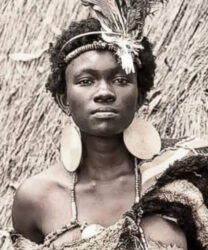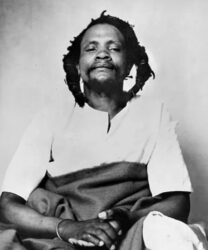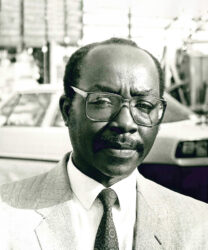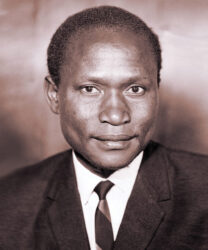Fred Kubai
Fred Kubai (1917 – 1 June 1996) was a key figure in Kenya’s independence struggle, best remembered as one of the Kapenguria Six—the nationalist leaders imprisoned by the British colonial government in 1952 for alleged involvement in the Mau Mau uprising. His legacy is deeply tied to trade unionism, anti-colonial resistance, and advocacy for African workers’ rights.
Kubai received his early education at Kabete Mission School, where he trained in telecommunications. He later worked with the East African Post and Telecommunications as a technician. His professional background gave him exposure to urban worker struggles and colonial labor injustices, which fueled his involvement in trade unionism and political activism.
In the 1940s and early 1950s, Fred Kubai became a powerful trade unionist, co-founding and leading organizations such as the East African Trade Union Congress and the Kenya African Workers Union. He was known for organizing strikes and rallies that demanded better wages, improved working conditions, and the rights of African workers under colonial rule.
In 1952, Kubai was arrested alongside Jomo Kenyatta, Paul Ngei, Bildad Kaggia, Achieng’ Oneko, and Kung’u Karumba, collectively known as the Kapenguria Six. They were tried and convicted in a highly controversial case that symbolized the colonial government’s repression of African nationalism. Kubai was sentenced to ten years in prison, becoming a symbol of resistance and courage.
After his release, Kubai remained active in politics and public life. He became a Member of Parliament for Nairobi East and later Kangema, working to uplift the lives of his constituents. However, his political influence waned over time, and he retired to a quieter life.
Despite his modest post-independence profile, Fred Kubai is celebrated as a foundational figure in Kenya’s struggle for self-rule. His role in labor organizing and anti-colonial resistance helped mobilize urban workers and build momentum for independence.
Famous Quote
I would rather die a poor man with honor than a rich man with shame.
— Fred Kubai





